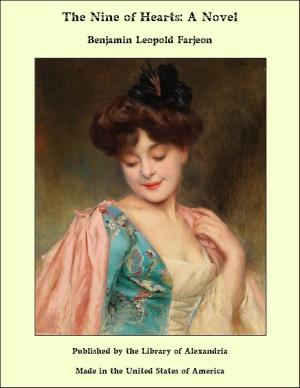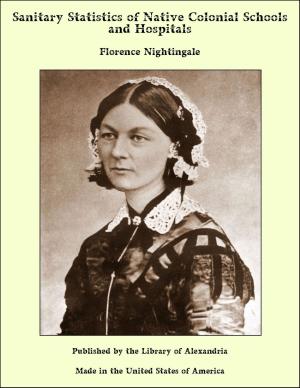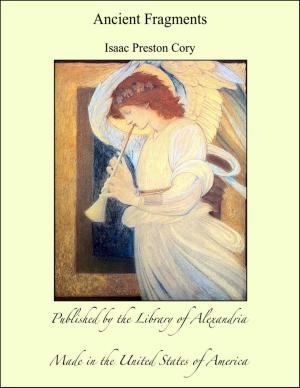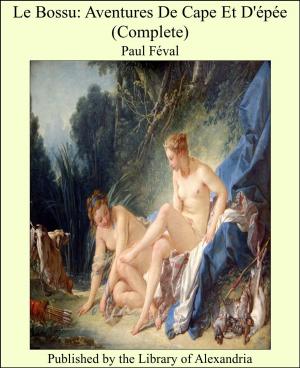| Author: | George MacDonald | ISBN: | 9781465550736 |
| Publisher: | Library of Alexandria | Publication: | March 8, 2015 |
| Imprint: | Language: | English |
| Author: | George MacDonald |
| ISBN: | 9781465550736 |
| Publisher: | Library of Alexandria |
| Publication: | March 8, 2015 |
| Imprint: | |
| Language: | English |
My Dear Sir, Kensington, May 1864. Allow me, with the hounor due to my father’s friend, to inscribe this little volume with your name. The name of one friend is better than those of all the Muses. And permit me to say a few words about the story.-It is a Romance. I am well aware that, with many readers, this epithet will be enough to ensure condemnation. But there ought to be a place for any story, which, although founded in the marvellous, is true to human nature and to itself. Truth to Humanity, and harmony within it self, are almost the sole unvarying essentials of a work of art. Even The Rime of the Ancient Mariner-than which what more marvellous?-is true in these respects. And Shakespeare himself will allow any amount of the marvellous, provided this truth is observed. I hope my story is thus true; and therefore, while it claims some place, undeserving of being classed with what are commonly called sensational novels. I am well aware that such tales are not of much account, at present; and greatly would I regret that they should ever become the fashion; of which, however, there is no danger. But, seeing so much of our life must be spent in dreaming, may there not be a still nook, shadowy, but not miasmatic, in some lowly region of literature, where, in the pauses of labour, a man may sit down, and dream such a day-dream as I now offer to your acceptance, and that of those who will judge the work, in part at least, by its purely literary claims? If I confined my pen to such results, you, at least, would have a right to blame me. But you, for one, will, I am sure, justify an author in dreaming sometimes
My Dear Sir, Kensington, May 1864. Allow me, with the hounor due to my father’s friend, to inscribe this little volume with your name. The name of one friend is better than those of all the Muses. And permit me to say a few words about the story.-It is a Romance. I am well aware that, with many readers, this epithet will be enough to ensure condemnation. But there ought to be a place for any story, which, although founded in the marvellous, is true to human nature and to itself. Truth to Humanity, and harmony within it self, are almost the sole unvarying essentials of a work of art. Even The Rime of the Ancient Mariner-than which what more marvellous?-is true in these respects. And Shakespeare himself will allow any amount of the marvellous, provided this truth is observed. I hope my story is thus true; and therefore, while it claims some place, undeserving of being classed with what are commonly called sensational novels. I am well aware that such tales are not of much account, at present; and greatly would I regret that they should ever become the fashion; of which, however, there is no danger. But, seeing so much of our life must be spent in dreaming, may there not be a still nook, shadowy, but not miasmatic, in some lowly region of literature, where, in the pauses of labour, a man may sit down, and dream such a day-dream as I now offer to your acceptance, and that of those who will judge the work, in part at least, by its purely literary claims? If I confined my pen to such results, you, at least, would have a right to blame me. But you, for one, will, I am sure, justify an author in dreaming sometimes















